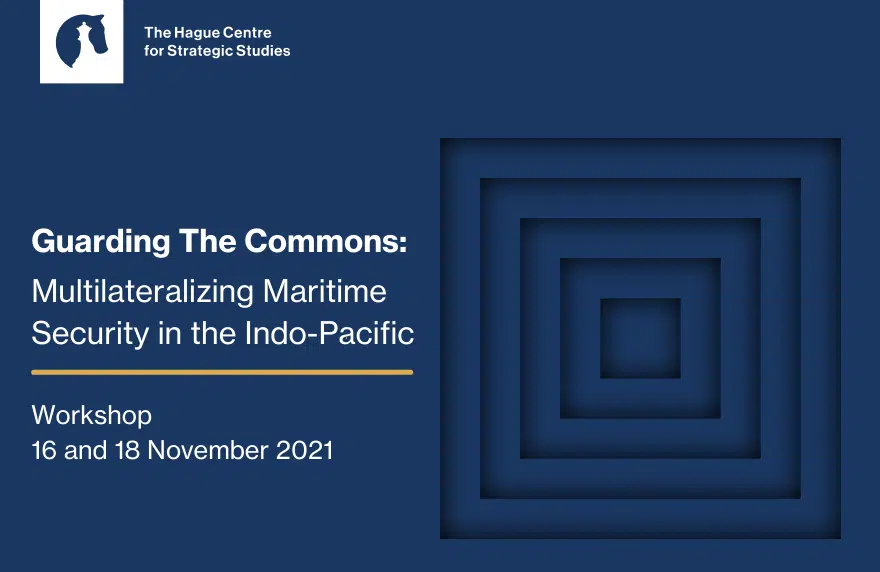Last week The Economic Times referred to the HCSS report “China’s Military Rise and Implications on European Security” in its article China’s military power projection is linked with Xi’s domestic agenda: Top European think-tank. The full article can be read below.
China’s objective of projecting power beyond the Western Pacific is closely linked to the domestic political agenda of President Xi Jinping and the security concerns of the Chinese Communist Party, both of which will remain powerful influences on Chinese strategic thinking for the foreseeable future, claimed a recent report by The Hague Centre for Strategic Studies.
China increasingly treats the South China Sea as its own territory; this will be a drain on Chinese defence resources, but it will also provide a foundation for projecting power outside the region, according to the report titled ‘China’s Military Rise and the Implications for European Security.’
China is in the process of supplementing its strategically-located base in Djibouti – in East Africa, near the Middle East – with access to and influence over sites in Pakistan, Bangladesh, Myanmar, and Sri Lanka that may, in the long run, be used for military purposes, the report pointed out. While the report does not mention threats to India from these facilities, analysts have often apprehended the dual-purpose use of Chinese ports in the Indian Ocean Region.
Chinese strategic planning assumes that China needs to project power beyond the Western Pacific to protect its economic, political, and military interests in the Indian Ocean, Middle East, and Africa. Chinese policymakers believe that what they view as a declining West, led by the US, will not be able to prevent China from projecting power in the South China Sea and beyond the Western Pacific by 2027, at which point they believe China will already possess a world-class military, the report claimed.
In response to two events after the end of the Cold War, namely the US victory in the 1991 Gulf War and the Taiwan Strait Crisis in 1996, China undertook a rapid and ambitious modernisation and expansion of its military, which has accelerated over the last decade. This project has been, by any measure, successful. Today, China is the dominant force in its own backyard, gradually pushing US power projection capabilities away from its coast, according to the report.
“China will not necessarily be able to go toe-to-toe with the US and its allies in all contingencies, but it should be able to mount missions to intimidate and coerce small and medium-sized powers through offshore threatening and protect supply chains in the Indian Ocean, Middle East, and Africa, certainly if not challenged by a peer competitor,” the report said.
China lacks formal alliances, but instead has established a large number of strategic partnerships. Though China faces severe hurdles in its efforts to sustain power projection beyond the Western Pacific, it commands enormous resources and is following a long-term strategy designed to support long-term power projection capabilities outside its region, the Centre claimed.
“Efforts to overcome shortcomings in its ability to sustain power projection are boosted by China’s enormous industrial resources, including by far the largest ship-building capacity in the world. These resources give the PLA a distinct advantage in a protracted conflict. It also has a large and modern defence industry, is the world’s fifth largest arms exporter, and has a quasi-monopoly on critical raw materials. The relatively small number of supply ships it has to support military operations abroad could be, when necessary, supplemented by a massive reserve fleet of vessels controlled by Chinese state-owned enterprises.”
Even though for now it lags in some key aspects that enable the use of military capabilities far from home, it is implementing a long-term strategy to be able to sustainably project power outside its region.
Source: The Economic Times







